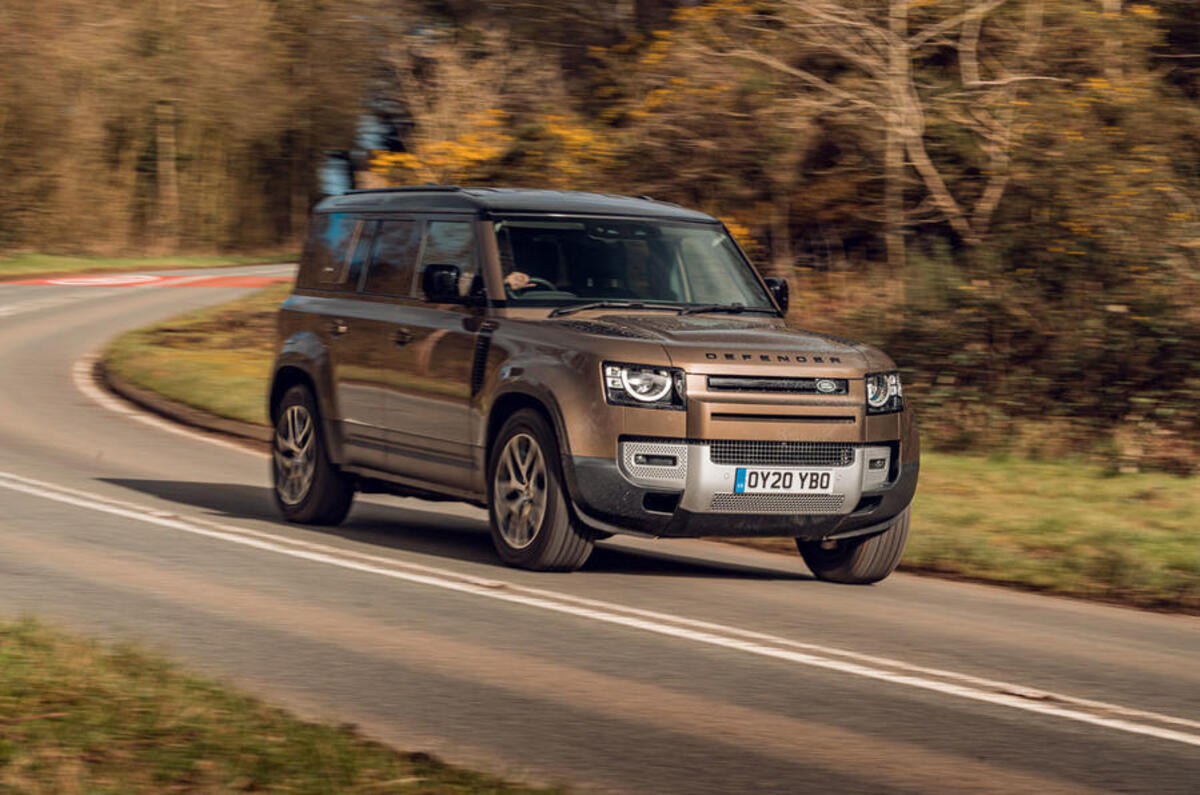A stumble in the demand for electric cars in the UK could be benefiting diesel cars, at least in the short term, new data has shown.
In December 2023, EV sales fell 34%, while diesel car sales actually rose 12%, briefly interrupting a decline that began back in 2016.




Add your comment